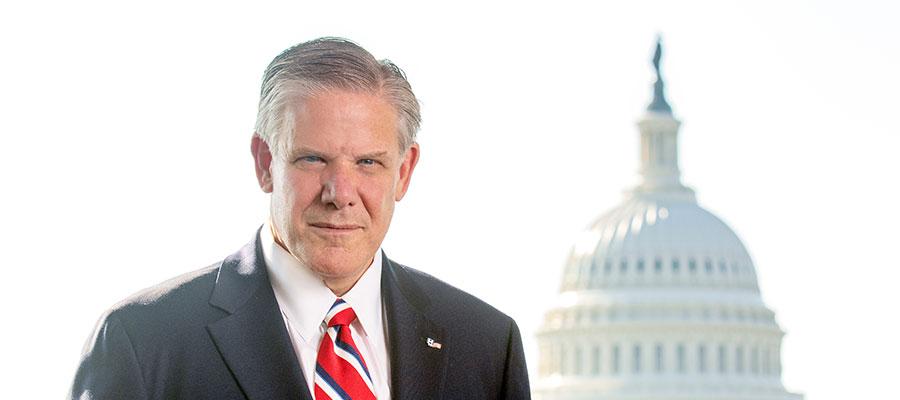Perspective: UnitedHealthcare’s Dangerous ED Coverage Policy is Temporarily Halted

Just days ago, UnitedHealthcare announced a new policy that threatened to deny some patient claims for emergency services starting July 1 if the insurer determined that the patient didn’t need emergency-level care. Scaring people from seeking care they believe they need is dangerous, and this policy could not have come at a worse time.
More than one-third of adults have already delayed or skipped medical care because of the pandemic, and the chilling effect of UnitedHealthcare’s new policy would certainly have made the problem worse. According to the Centers for Disease Control and Prevention, from January 2020 through February 2021 between 60,000 and 160,000 more Americans died from causes other than COVID-19 than normally would have been expected, and the government has cited delayed and avoided care as a likely contributor.
The health insurance giant claimed that many ED visits are not warranted, despite a 2018 report from the CDC showing that only 3% of all ED visits are considered non-urgent.
This proposed policy is the latest in a long list of moves by United to restrict patient access to a range of services provided by hospital outpatient departments. United has taken steps to restrict coverage for certain surgeries, labs and other diagnostics, primary care and specialist visits, and specialty pharmacy therapies provided by hospitals. In many instances, United uses these coverage restrictions to steer patients to providers owned by its sister company, Optum.
In fact, UHC’s parent company, UnitedHealth Group, posted a $6.7 billion in profit in the first quarter of 2021 alone. This 35% increase in year-over-year profit is the direct result of policies like these that restrict patient access to care or simply refuse to pay providers for medically necessary care.
We have and will continue to expose how efforts like these come at the expense of patients’ health and wellbeing. We made our concerns clear in a letter this week to UnitedHealthcare and urged it to reverse its policy immediately.
In response, UnitedHealthcare announced Thursday that “we have decided to delay the implementation of our emergency department policy until at least the end of the national public health emergency period.” So far, no official end to the public health emergency has been put forth by federal officials.
UnitedHealthcare’s action offers a temporary reprieve for patients, and we urge its full and permanent reversal. There is no justification for these restrictions now or after the public health emergency.
The AHA will continue to turn up the pressure on UnitedHealthcare and other commercial health insurers on actions that put patients’ health and wellbeing in jeopardy – whether it’s challenging anti-competitive actions such as United’s proposed acquisition of Change Healthcare or shedding light on how specialty pharmacy policies jeopardize patients’ quality of care.

